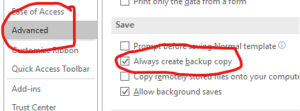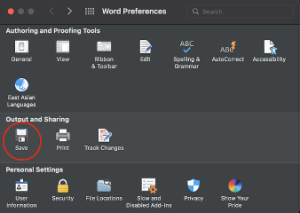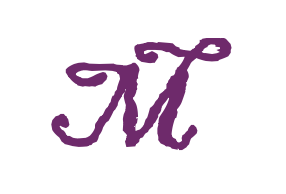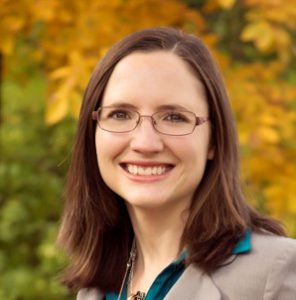We live in an age of technological marvels. One of these is the ability to save documents to the cloud and have autosave preserve your every revision. But whether by preference or by necessity, we may sometimes still find ourselves working from a document that has been saved to our local hard drive. In this case, I recommend you save your document after every revision. What! Does that sound cumbersome and time consuming? It’s not. And it will serve you well if the unfortunate happens.
There have been multiple times I’ve spent hours on a document only to have Word freeze up or my computer randomly restart itself. There’s even been the occasional time when I shut down Word in a hurry and accidentally told it not to save my changes. If you run into something like this without saving your document, you might lose hours of work. How discouraging!
The good news is that there’s a quick and easy way to continually save your work. After you’ve used “Save As” and named your document, you can continue to save the document under that same name by pressing Ctrl + S (PC) or Cmd + S (Mac). I’ve gotten into the habit of hitting this combination of buttons after almost every edit. The fraction of a second it takes to do it is well worth the time you would lose if you have to make those edits again.
Another work-rescuing decision is to tell your computer to always create a backup of your documents. This way, if something happens to corrupt, damage, or delete the document you’ve been working on, you have a recent copy ready for you to access, and very little of your time and hard work has been wasted.
Windows Users: To do this, click on the File tab in the upper left-hand corner. Select the very last item on the list, Options. Choose Advanced on the left side of the dialog box and then scroll down to the Save section. Make sure there is a checkmark in the Always create backup copy box. This will save a backup copy in the same file location as your main copy, but it will add “Backup of” to the beginning of the name of the backup file.
Mac Users: Click on the Word drop-down menu in the upper left-hand corner. Select “Preferences.” Click on “Save.” And then make sure there is a checkmark in the Always create backup copy box.
Take a few minutes to do this now, and save yourself an unnecessary headache in the future. As you move forward to greater heights of writing and editing, remember that your voice is significant, and your contribution is unique.
Pleasant penning,
Rachel E. Bradley
Freelance Editor and Indexer
NAIWE Copyediting Expert
Revisions by Rachel Inc.
www.RevisionsbyRachel.com
Rachel E. Bradley holds a BS degree in Paralegal Studies from Northeastern State University in Oklahoma. She graduated summa cum laude in 2006 and was awarded the Advanced Certified Paralegal designation by the National Association of Legal Assistants. She is a gold member of the Christian PEN: Proofreaders and Editors Network, is an established freelance editor with the Christian Editor Connection, is an instructor with the PEN Institute, is a judge for the Editors’ Choice Award, and has served as faculty for PENCON, the only conference for editors in the Christian market, Experience , and WriterCon.
After nine years in the legal field, Rachel transitioned to her current career as a freelance editor and indexer. She now owns Revisions by Rachel Inc. In 2018, she lost her first husband, Matthew, after an intense battle with brain cancer. That experience has given her a new understanding and a fierce compassion for people who feel broken and are hurting. In celebration of continued life and hope, she became a licensed skydiver. When she is not at her computer diligently editing for her clients, you can find her in the skies flying her rainbow canopy, “Promises,” after a jump from 10,000 feet.
In early 2021, she asked God to give her an arranged marriage and gave him permission to choose her next husband. In an incredible tale of trusting God and giving him her yes without exception, she is now gratefully and blessedly married to Alexander Bradley. They have been assigned the awe-inspiring and continually humbling task of raising two incredible children.
Rachel enjoys, among other things, Bible studies, dancing during church worship, skydiving, swing dancing, rock climbing, reading, teaching, discussing important issues, watching Star Trek, sewing, cooking, Pilates, horseback riding, water sports, playing guitar, and snow skiing.


















